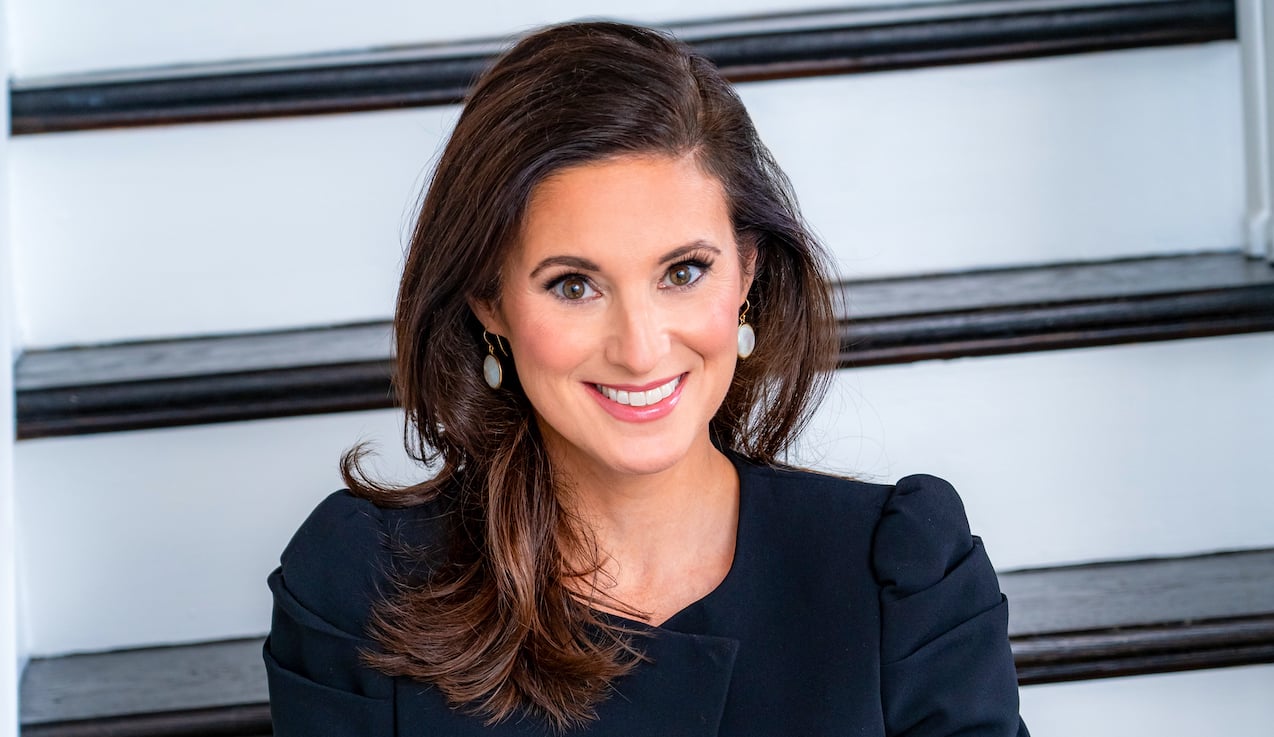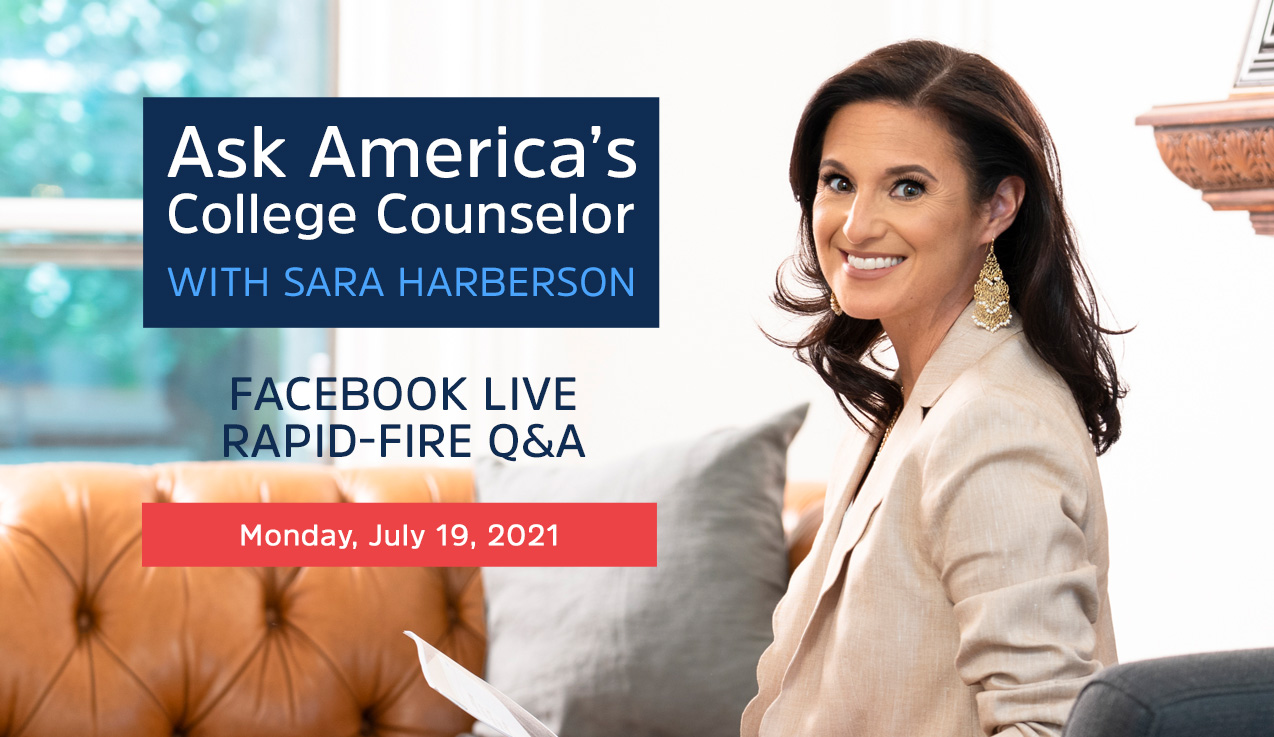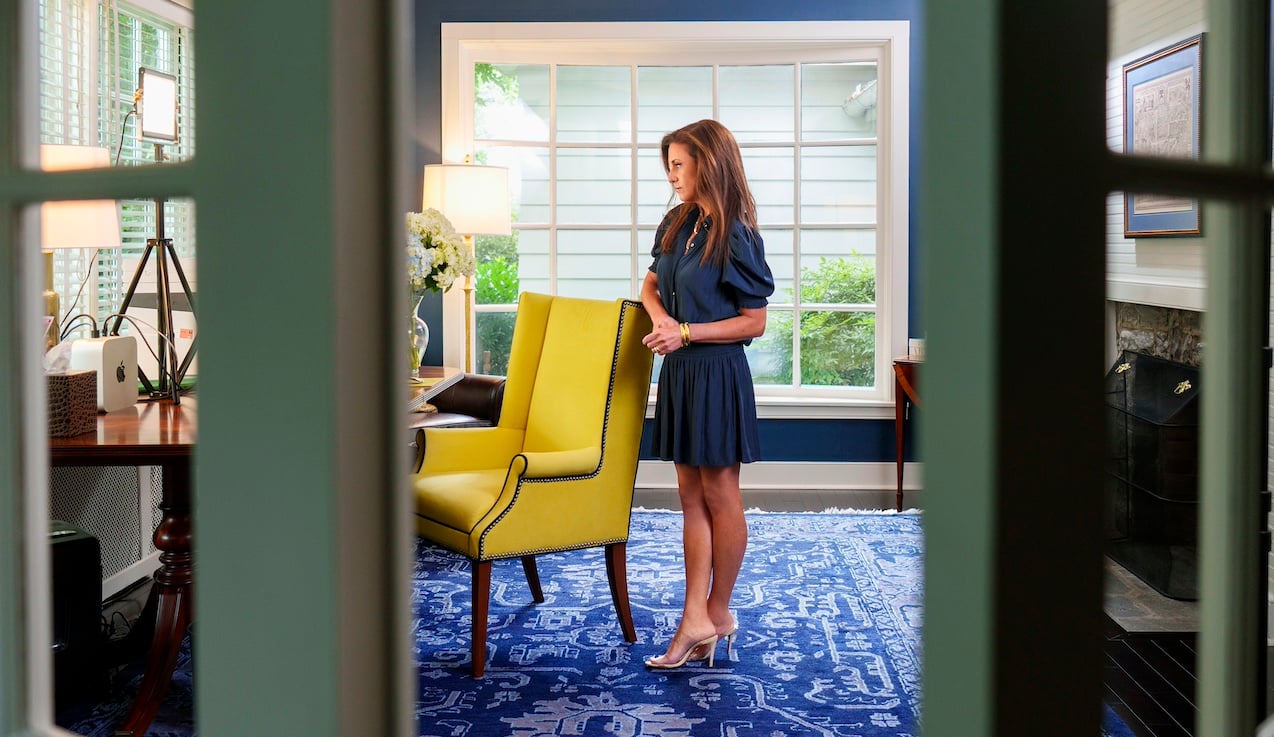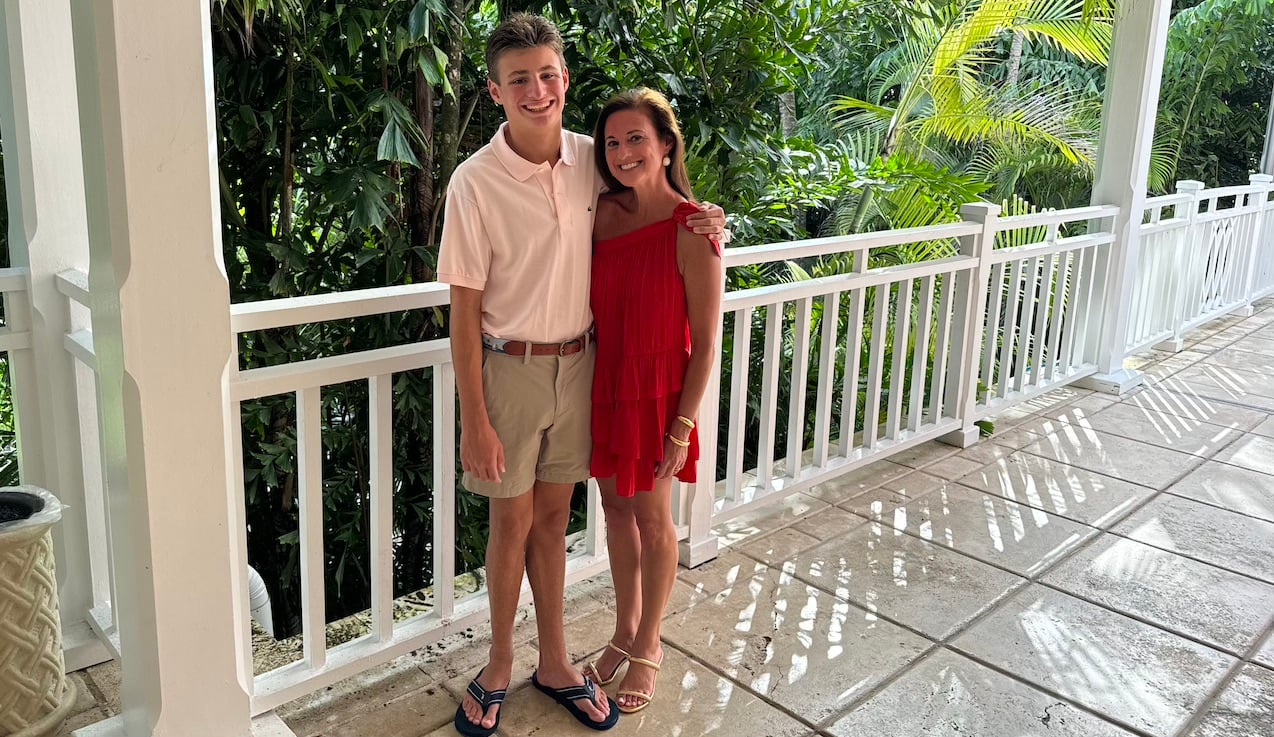Set the stage: It's mid-July. The dog days of summer. Everyone is seemingly "on vacation" or "out of the office," except one lone admissions officer who is sitting at her desk doing pre-read after pre-read for the college's athletics department.
Who: Oh, that was me.
When: Back in the day.
Where: The University of Pennsylvania.
Why: Athletic recruiting was and still is the most powerful influencer in college admissions.
Not much has changed in 20 years when it comes to how student-athletes are recruited by college coaches. If you are a highly competitive student-athlete who just finished junior year of high school and want to play your sport in college, a pre-read sets the stage for your college acceptance months from now. If the coach is interested in you, they will ask you to provide the following materials (right about now):
- Your high school transcript, including final year grades for junior year.
- Your senior year classes.
- Your standardized test scores (if you have them!).
This information is passed along to the athletics liaison (that was me!) within the college's admissions office. The athletics liaison is usually a senior member of the admissions staff who understands the nuances of the process and can make initial evaluations on how competitive a student-athlete will be if they apply based on the objective information of an application.
Related Reading: Are College Athletics in Trouble?
When I did pre-reads for all the potential recruited athletes at Penn, I gave the coaches one of three recommendations:
Green Light
Based on the objective information provided, I could tell that the student-athlete would be "competitive" within our applicant pool. They still needed to write essays, fill out an application, and provide all of the required pieces of the application. But if everything checked out okay, that student-athlete was likely to be admitted in the process if they applied. Not all of them ended up applying, though. Sometimes the coach lost interest in them or they lost interest in the coach.
Yellow Light
This meant that I had concerns. It could have been the class rank, certain grade or grades on the transcript, curriculum choices, or test scores. The most common reason I was hesitant about a student's candidacy was because the student-athlete was not planning to take the most challenging classes in all five academic disciplines for senior year. I had a sense of what could be an issue if the student-athlete applied. Sometimes, the student-athlete made adjustments. Other times, they moved on to another college that didn't express any concerns. In the end, though, there were a decent number of "yellow lights" who ultimately applied to Penn and still got admitted.
Red Light
When I had serious concerns about the student's ability to handle the academic environment at Penn, I had to express to the coaches that the likelihood of admission was extremely low. They then would decide how they were going to communicate that information to the student-athlete. If the coach was determined to get that student-athlete on campus, they would sometimes roll the dice in the hopes that their athletic director or the dean of admissions would make it happen.
Pre-reads are most commonly done in the summer before a student's senior year. It gives the coach a better sense of who they should continue recruiting and it gives a student an indication of how competitive they will be if they apply. There are no guarantees on either side. The coach's needs may shift in the months leading up to the admissions deadline and the student may go in another direction. No matter what, though, the student still has to apply. And the majority of recruited athletes apply in the college's early round of admission.
College admissions is old school, still to this day. Getting recruited is more powerful than anything else in the admissions process. An admissions scandal hasn't stopped how college coaches recruit student-athletes. The pre-read is the first big step in the Ivory Tower's doors opening up for student-athletes.











